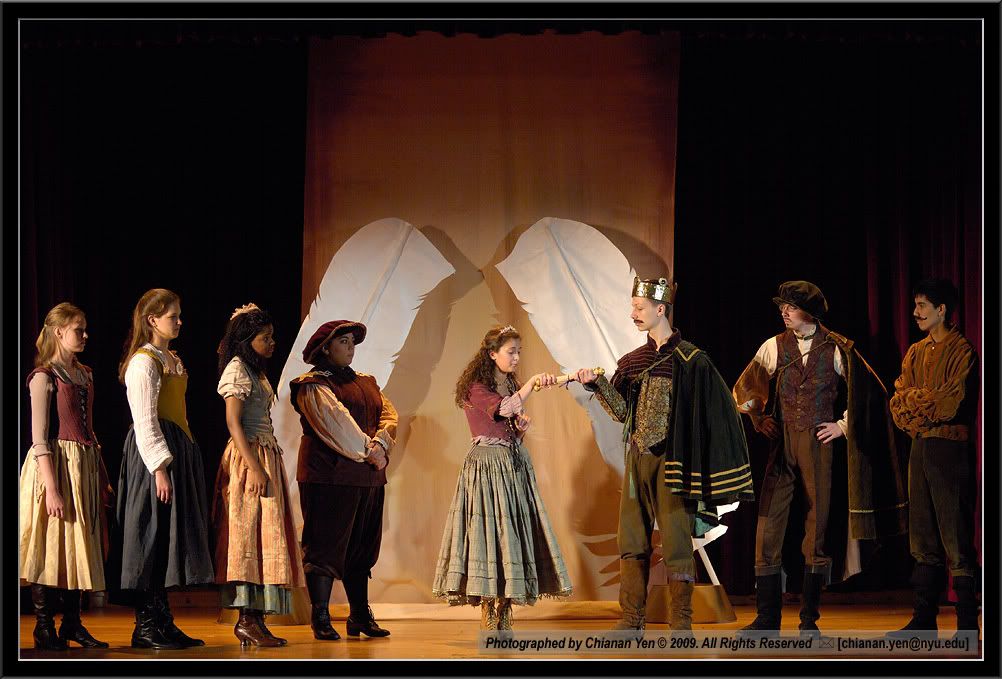
So now the play is put to one side I'm back on the novel. I was well into Act 2 when I left it, so yesterday I open up the last chapter to refresh my memory. Again, it's an anxious moment. What if, on returning to it, I find it's unmitigated rubbish? It could happen. But it's a relief to find it's not bad at all.
I'm coming to the conclusion that having more than one project bubbling away is a good way for me to work. Perhaps I'm not alone in getting so obsessed with a story I get far too close to it and can't exercise good editorial judgement. A week or two away from it and hey, presto! I a can see the glaring flaws I'd missed. Perhaps I'm more of an editor than a writer. But working on several things gives you the chance to flit between them.
I know not everyone works this way. I've seen writers say on forums they have to sit down and churn out their word quota whether they feel like it or not, otherwise the book would never be finished. I don't mind doing that occasionally - I've done Nanowrimo a few times and it is exhilarating - but I know I couldn't do it constantly. I get inspiration fatigue. And worse, I get an aversion to writing which is dangerous. To stop the burnout I give myself days off doing other stuff. As long as I'm writing, I don't worry about it.
It's important to have fun. It's not my living after all and as the saying goes, it ain't brain surgery.




